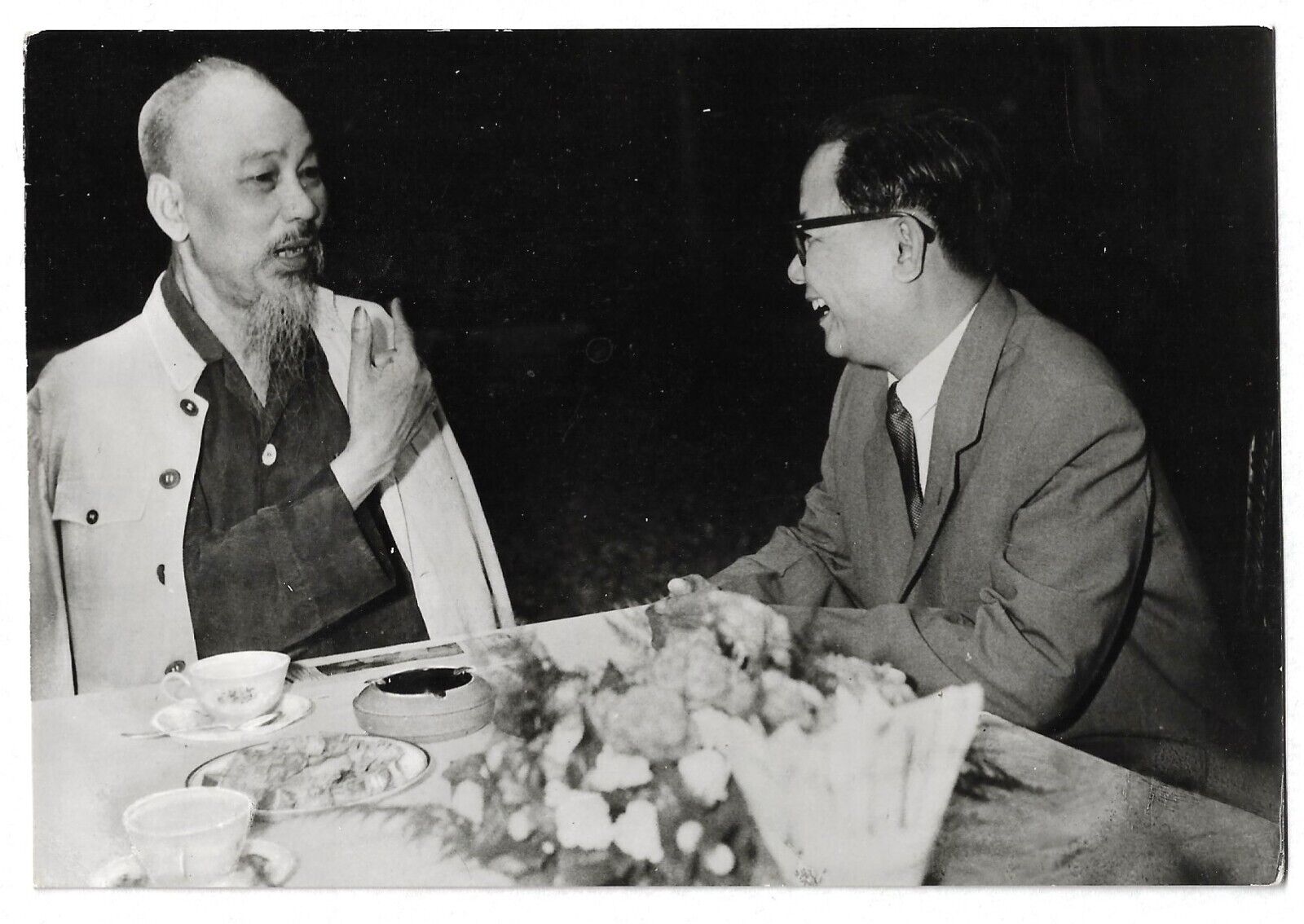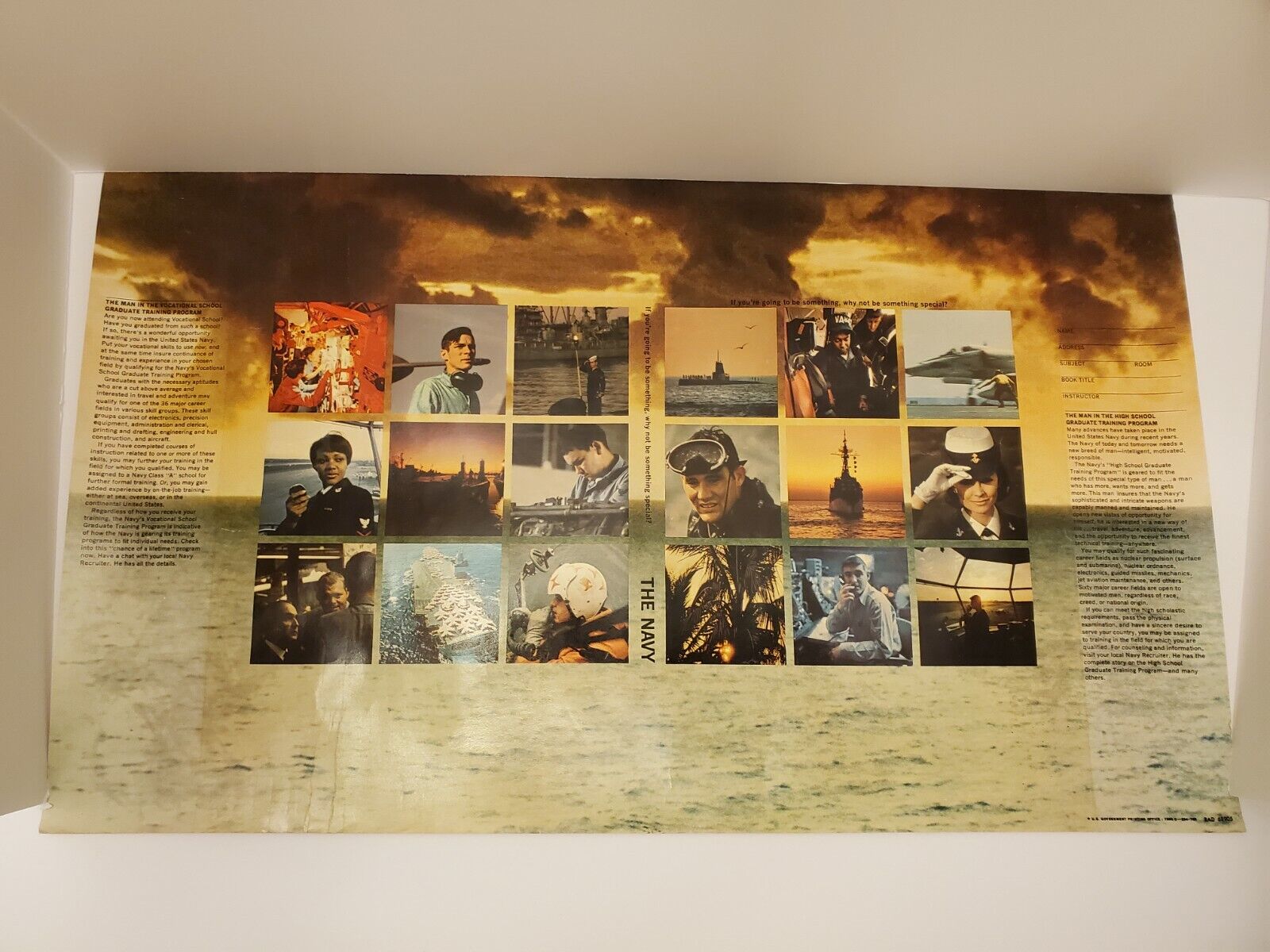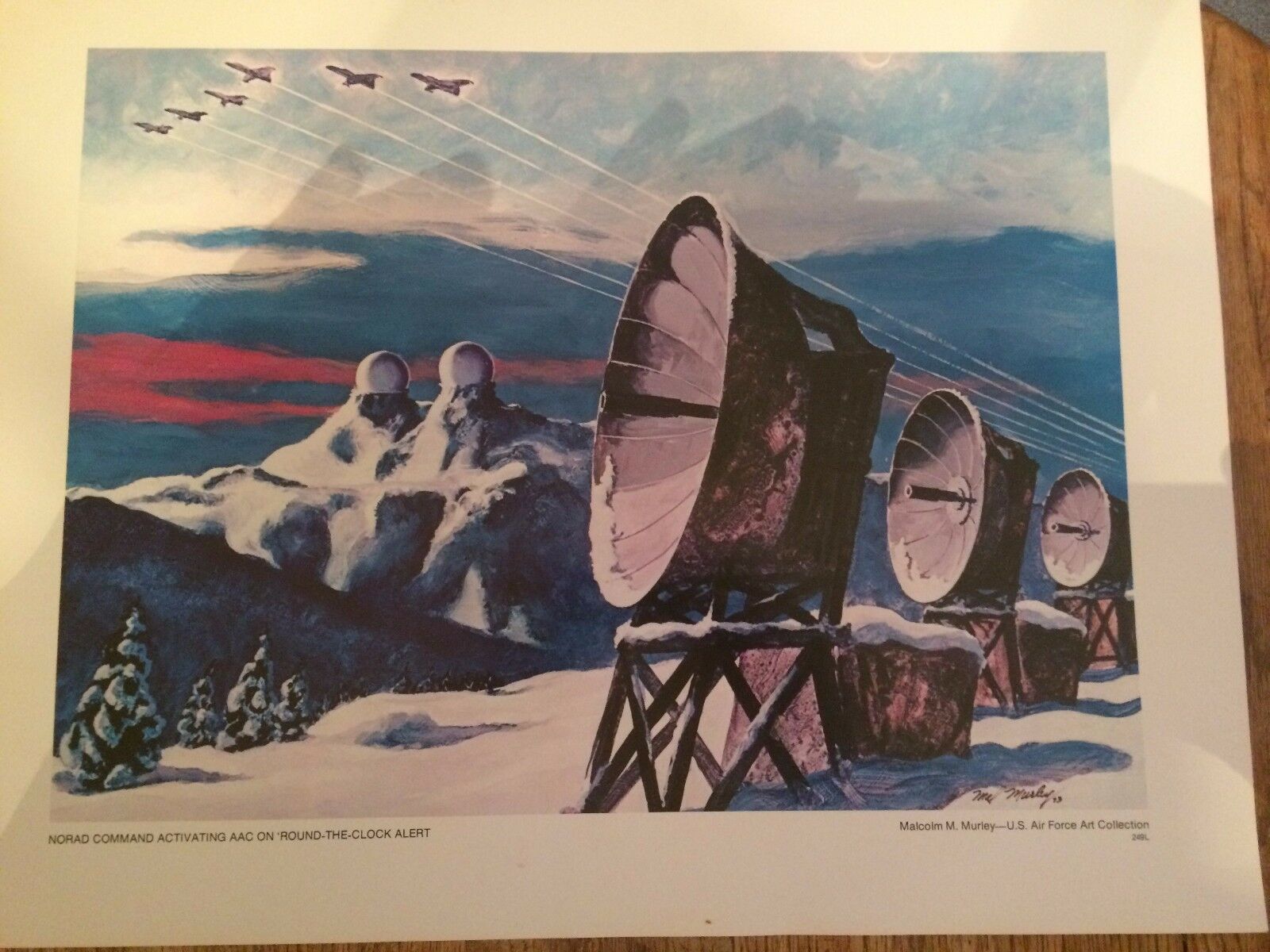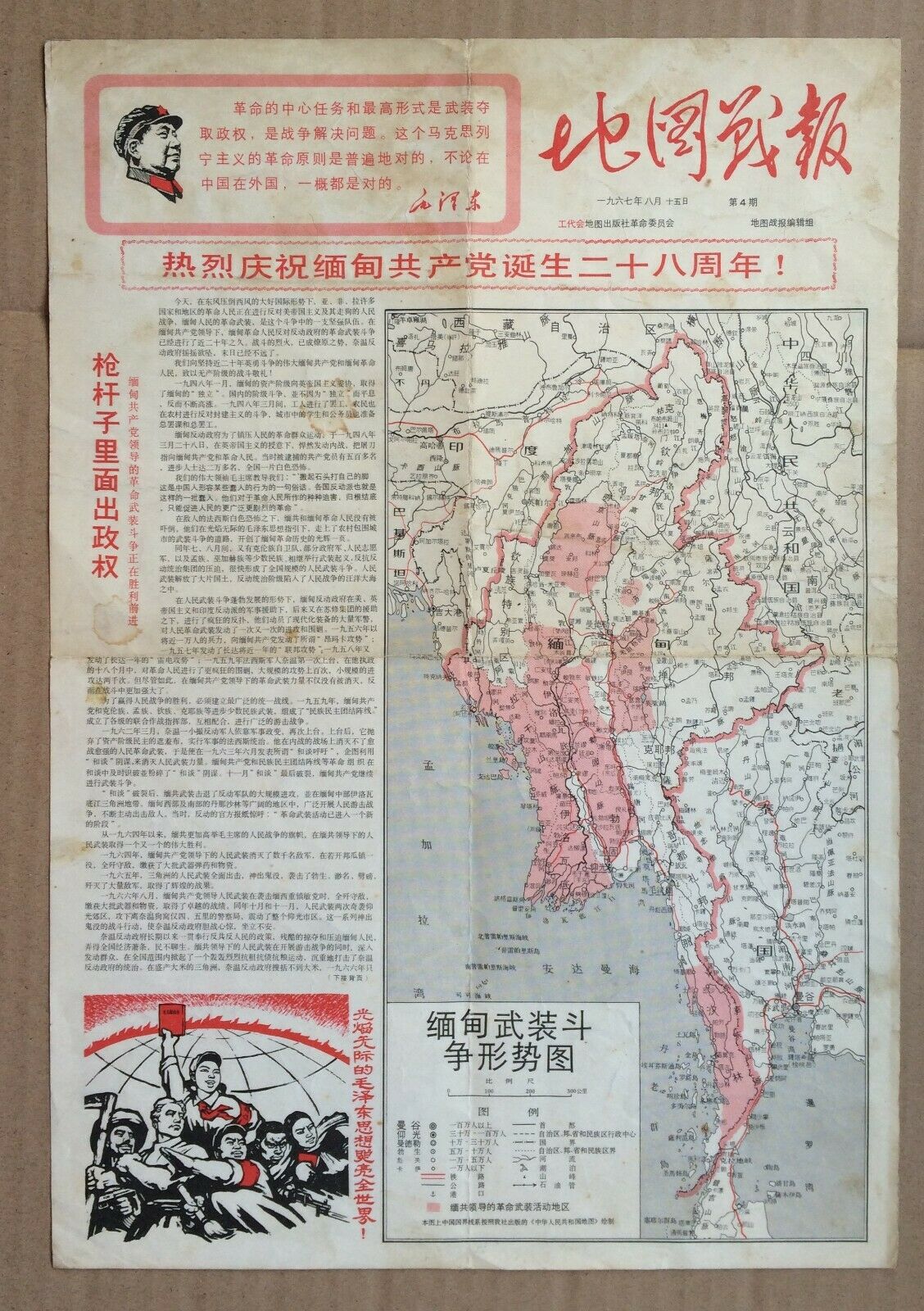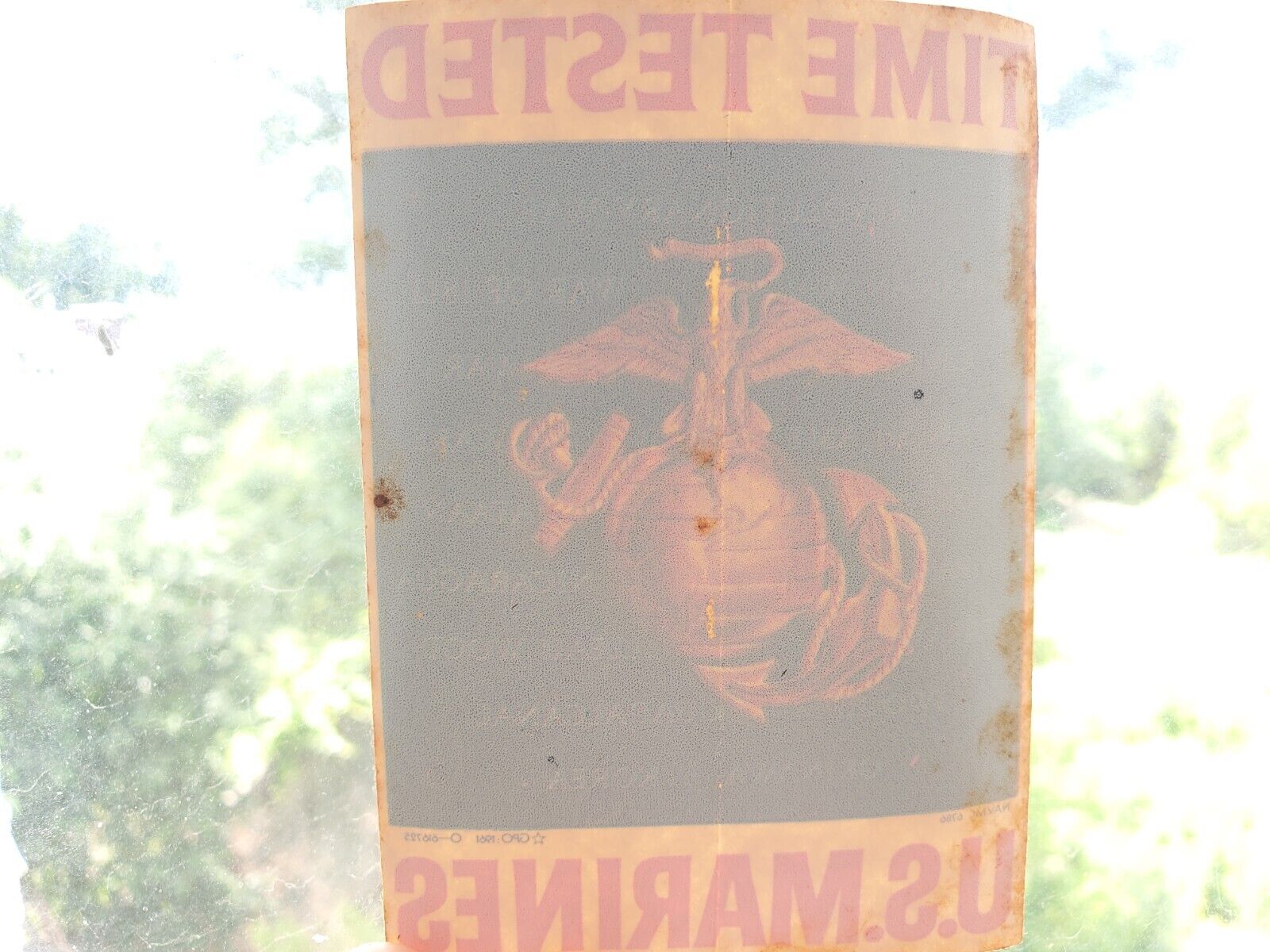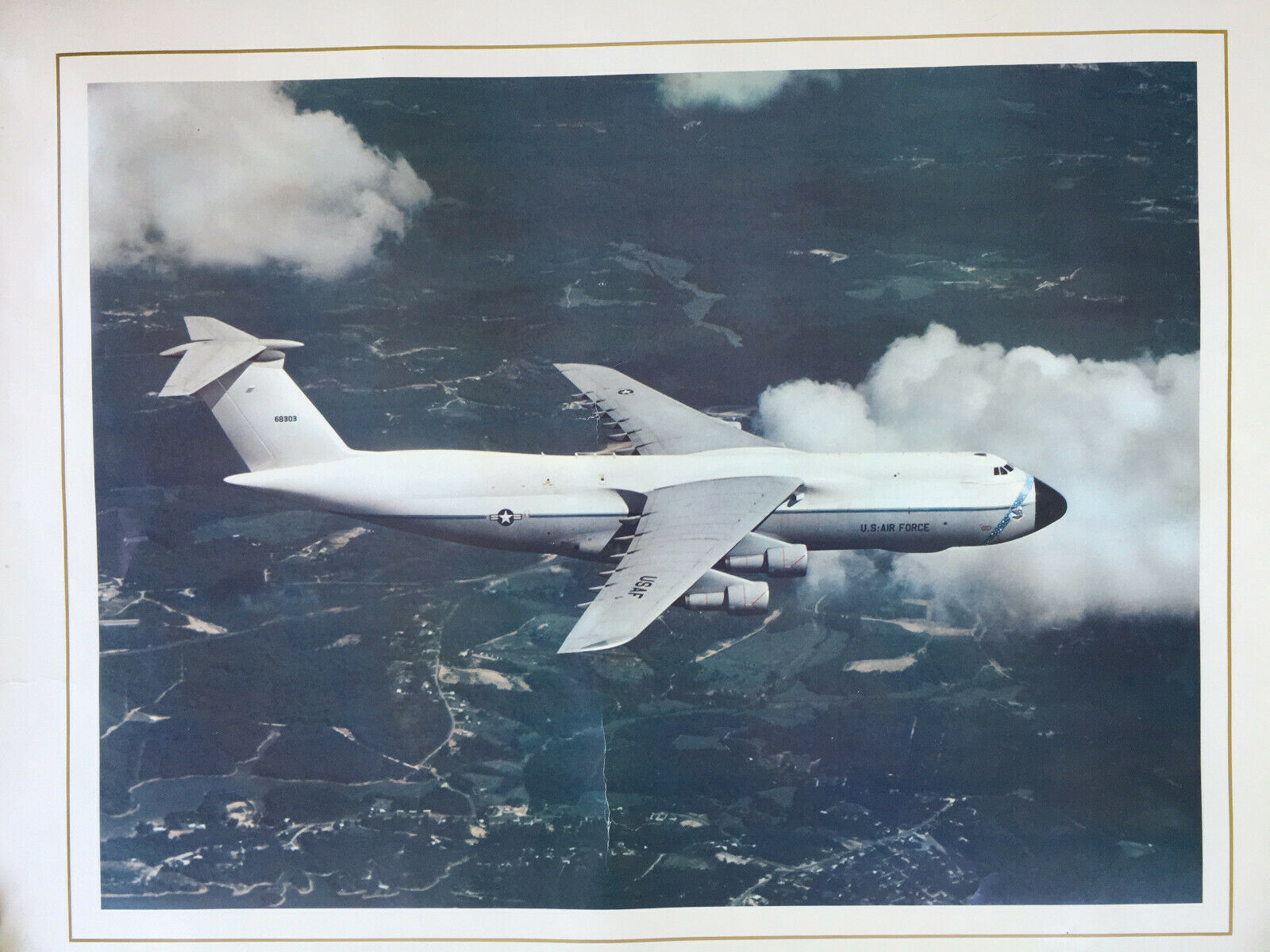-40%
RARE Original 1969 Pencil Drawing by Vietnam War Combat Artist William Hoettels
$ 102.96
- Description
- Size Guide
Description
- RARE -"Small Village Near Bien Dien"
An Original Pencil Drawing by Vietnam War Combat Artist William Hoettels
An original pencil landscape drawing by one of the official Vietnam War combat artists. Possibly a sketch for a more developed image (see last photograph of a work by Hoettles taken from Wikipedia page).
Visible image measures 9-1/4 x 13-1/4 inches, within (period?) wooden frame measuring 16-1/2 x 20 inches.
Signed and dated upper right, "
Hoettels '69'
Not examined out of frame but some toning areas visible, otherwise very good overall condition.
Note attached to rear identifies the location as a
"Small Village Near Bien Dien..." and gives a short history of the area.
Biography:
William R. Hoettels (San Antonio, TX)
Education: University Wisconsin - Milwaukee
History: Major Hoettels served in the United States Army during the Vietnam War. On his first tour he served as a medical supply officer with the 44th Medical Brigade, 542nd Medical Company. He was then transferred to the Vietnam Combat Art Program, Office of the Chief of Military History. Assigned to the 9th Artist Team, Hoettels was one of the 46 Army artists who worked in five-man Combat Artist Teams. His Combat Artist tour was served in Vietnam from September 1, 1969 to January 14, 1970. His works are in the collection of the Wisconsin Veterans Museum.
In June 1966, the Army Vietnam Combat Artist Program was established, utilizing teams of soldier-artists to make pictorial records for the annals of military history. Artists interested in joining the program were asked to submit applications through the Army Arts and Crafts Program facilities nearest their unit. Applications were to contain samples of drawings, photographs of paintings and a resume. Selections were to be made by a civilian committee supervised by Army Art Curator Marian McNaughton. As originally initiated, the program was a joint effort of the Office, Chief of Military History, Center of Military History; the Adjutant General's Office; and the U.S. Army Arts and Crafts Program with support from the Office, Chief of Information.
The first nine Combat Art Teams (CATs) operated in Vietnam. Typically, each team consisted of five soldier artists who spent 60 days of temporary duty (TDY) in Vietnam gathering information and making preliminary sketches of U.S. Army related activities. The teams then transferred to Hawaii for an additional 75 days to finish their work.
CAT IX (9th Artist Team), 1 Sept 1969 - 14 Jan 1970, was comprised of: David E. Graves (Lawrence, KS), James S. Hardy (Coronado, CA),
William R. Hoettels (San Antonio, TX),
Bruce N. Rigby (Dekalb, IL), Craig L. Stewart (Laurel, MD), and supervisor, Edward C. Williams.
On March 17, 1969, due to the widespread interest shown by soldier artists and the impact of their work throughout the Army, the official name was changed from the VIETNAM COMBAT ART PROGRAM to the ARMY ARTIST PROGRAM. Coverage was expanded to include portraying the U.S. Army worldwide. All art created by soldier artists becomes a part of the U.S. Army Art Collection maintained by the U.S. Army Center of Military History, Washington, D.C.
The concept of the Vietnam Combat Art Program had its roots in WW II. In 1944, the U.S. Congress authorized the Army to use soldier-artists to record military operations. During the Vietnam era, the U.S. Army Chief of Military History asked Marian McNaughton, then Curator for the Army Art Collection, to develop a plan for a Vietnam soldier art program. The result was the creation in 1966 of the Vietnam Combat Art Program under the direction of McNaughton's office. Her plan included involving the Army Arts and Crafts Program, and then headed by Eugenia Nowlin. McNaughton's office relied on Nowlin and her cadre of local Army Arts and Crafts directors to solicit applications from soldiers, which were forwarded to McNaughton's office at the U.S. Army Center of Military History, where selection and team assignments were made. The U.S. Army provided logistics support as the teams of artists were sent to Vietnam and then to Hawaii.
What really set the program apart from other military artist programs was the use of on-duty soldiers on a continual rotating basis, ensuring a variety of styles and points of view. Most of the selected artists were young, not established, nor well known except to their family and friends. (The army also continued to contract with and send to Vietnam experienced civilian artists.)
Shipping @ .95 anywhere Mainland USA; Expedited and insured shipping available, international bidders welcome. Combined shipping gladly offered for multiple purchases.
International Buyers – Please Note: Import duties, taxes and charges are not included in the item price or shipping charges. These charges are the buyer’s responsibility. Please check prior to bidding/buying concerning shipping charges as well as with your country’s customs office to determine what any additional costs will be.










